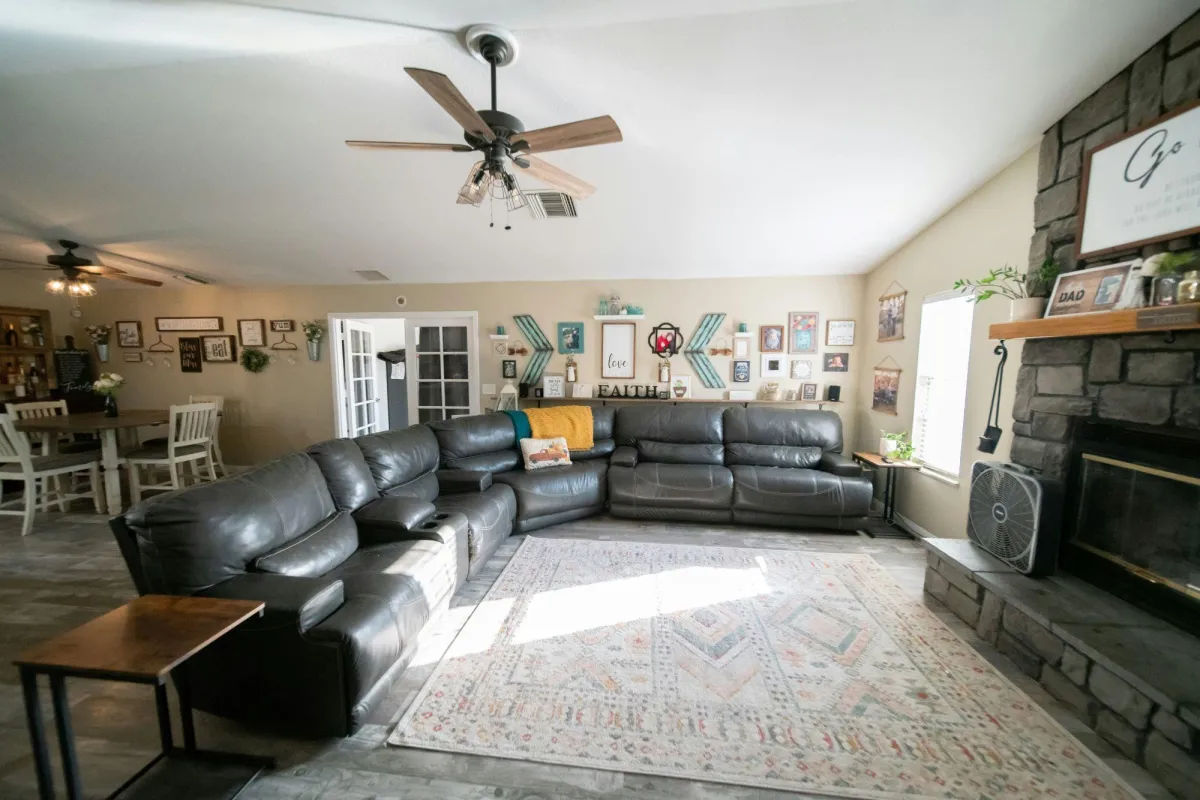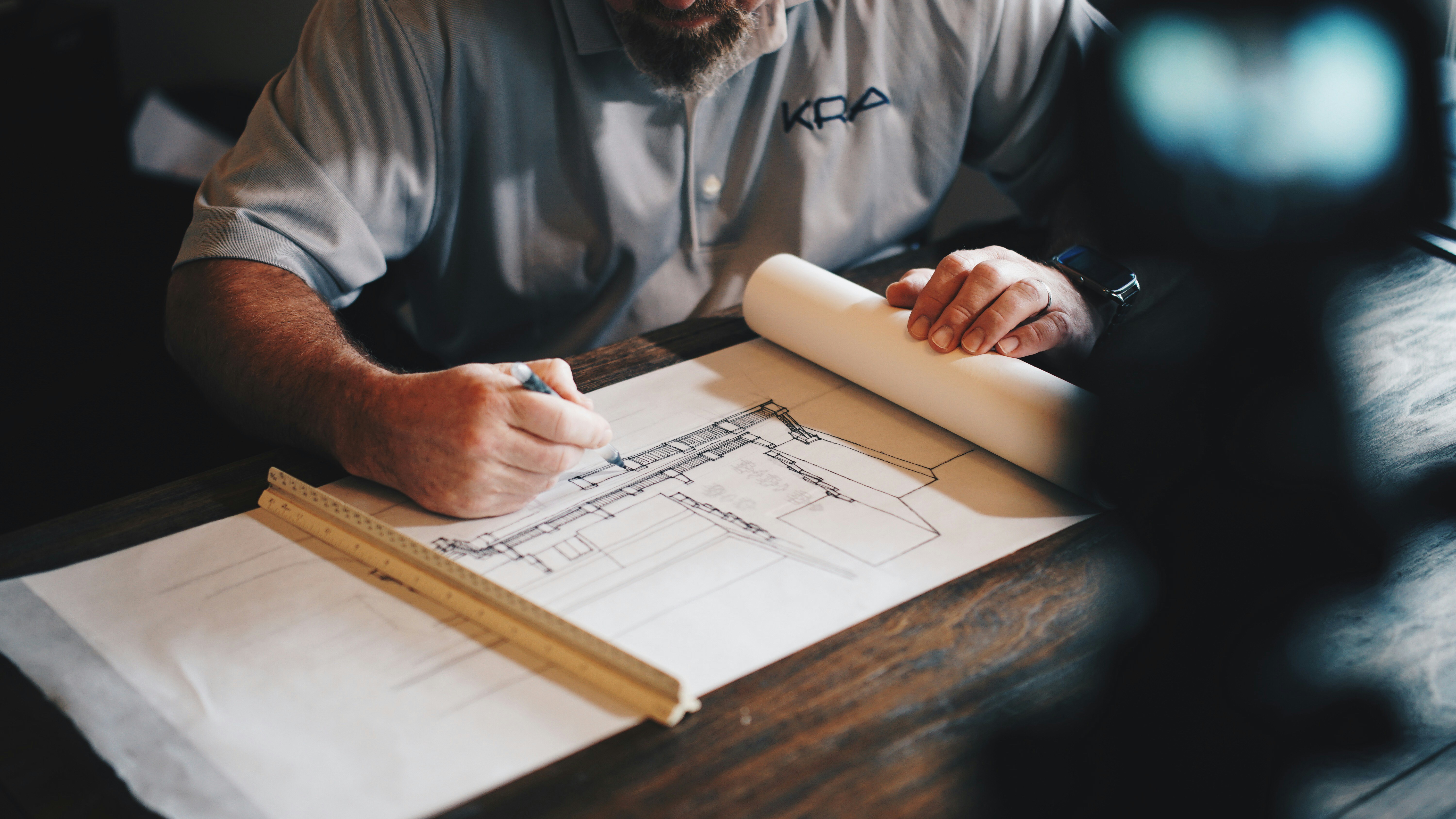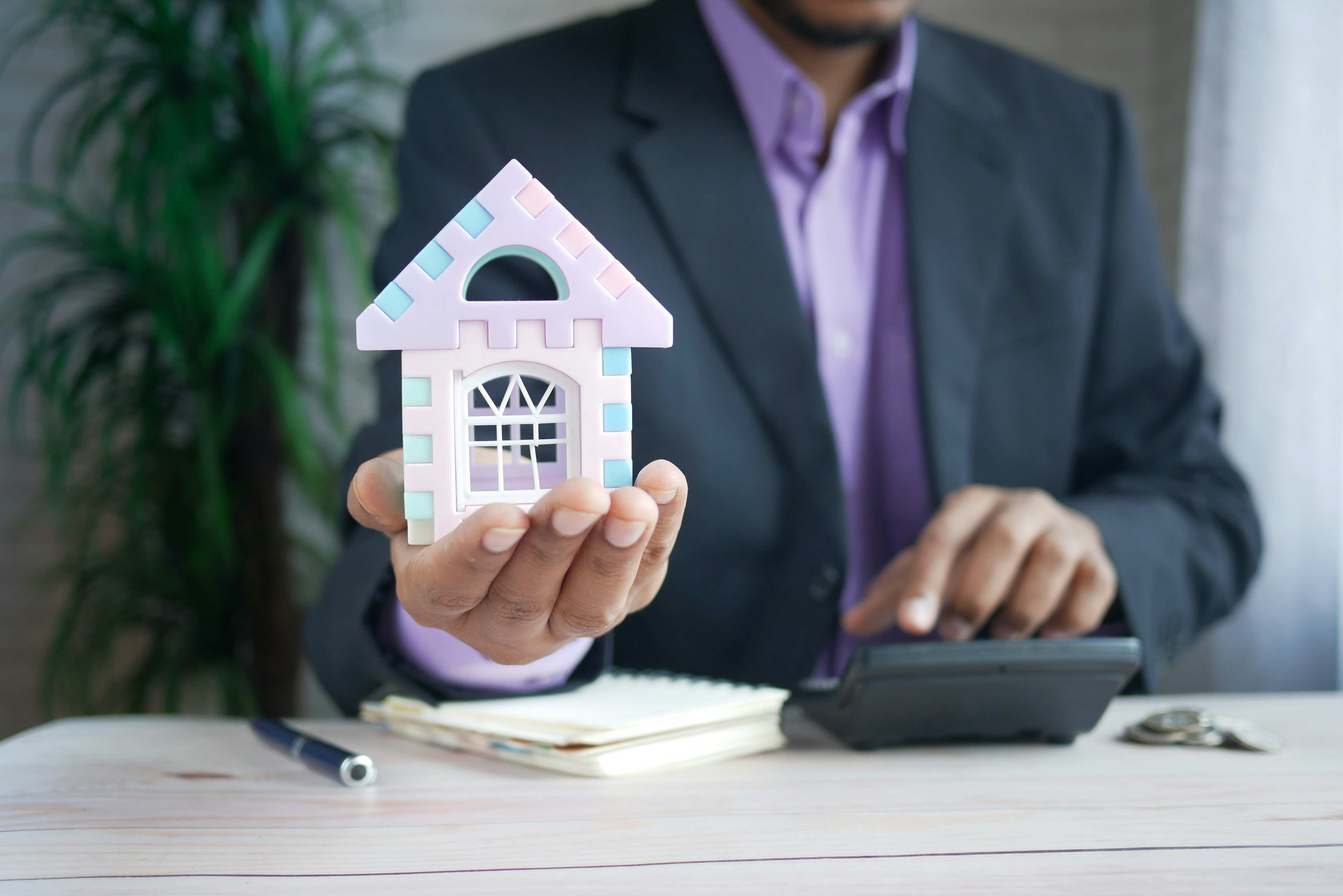
Custom-Built Homes vs. Manufactured Homes: Key Benefits
Are you torn between choosing a custom-built home and a manufactured one? Custom-built homes offer unique advantages that many may not realize, such as greater design flexibility and personalization options. In this article, readers will learn about the key advantages of custom-built homes, the building process, and misconceptions that may cloud their decision. By understanding these points, homebuyers can make informed choices that align with their dream home aspirations.
Key Takeaways
Custom-built homes offer tailored designs that meet individual homeowner needs and preferences
Higher construction quality in custom homes leads to better energy efficiency and durability
Custom homes typically appreciate in value over time, making them a wise investment choice
Personalized features in custom homes enhance homeowner satisfaction and connection to their living space
Financing options for custom homes provide flexibility, making them accessible to a wider range of buyers
Key Advantages of Custom-Built Homes Over Manufactured Homes

Custom-built homes offer several clear advantages over manufactured homes. They provide tailored design options, ensuring every bedroom and living space meets the homeowner's unique needs. These homes also maintain higher construction quality, resulting in better energy efficiency. Enhanced personalization allows for specific style choices, while increased property value over time and improved integration with the land make them a worthy investment.
Custom-Built Homes Offer Tailored Design Options
Custom-built homes provide the luxury of tailored design options, allowing homeowners to create spaces that truly reflect their preferences and lifestyles. Whether it's designing a spacious dining room that accommodates family gatherings or customizing a bathroom layout for improved functionality, these options are endless. Additionally, when investors consider mortgage rates and future resale interest, a custom-built home often stands out compared to a mobile home, as it offers unique features that can increase overall property value.
Custom-Built Homes Maintain Higher Construction Quality
Custom-built homes are known for their higher construction quality compared to manufactured homes, thanks to the tailored craftsmanship and attention to detail involved in their creation. Homeowners have the ability to choose materials and design elements that align with their personal vision, resulting in a home that is both durable and visually appealing.
This level of customization often leads to greater ownership satisfaction and long-term value, making custom homes a great choice for those looking to build their ideal living space. In contrast, manufactured homes typically use standardized materials, offering limited design options and often depreciating over time, making them less personalized and potentially lower in long-term value.
Custom-built Homes Allow for Enhanced Personalization
Custom-built homes allow for enhanced personalization, giving homeowners the freedom to create unique spaces that reflect their individual tastes and lifestyles. Unlike a prefabricated home, where most features are set by the manufacturer, custom homes enable property owners to choose everything from room layouts to types of roofing materials. This level of customization ensures that every aspect, including energy-efficient designs and aesthetic choices, aligns perfectly with the homeowner's vision, elevating their living experience.
Tailored room designs for specific needs.
Choice of high-quality roofing materials.
Energy-efficient features and appliances included.
Unique style elements that differentiate from manufactured homes.
Understanding the Process of Building a Custom Home

Building a custom home involves several essential steps that ensure a successful outcome. Initially, homeowners focus on the planning and design stage, shaping their vision into a workable blueprint. Selecting a reputable builder is crucial for quality craftsmanship. Navigating zoning and permit regulations helps avoid potential setbacks. Material and finish selection impacts the aesthetic and durability while understanding timelines and project management sets realistic expectations throughout the journey.
Initial Planning and Design Stage
The initial planning and design stage is a critical step in the custom home-building process. During this phase, homeowners define their vision and requirements, transforming ideas into practical blueprints. Engage with experienced builders to discuss design elements that enhance functionality and aesthetics, ensuring each space aligns with personal preferences and lifestyle needs.
Choosing a Reputable Builder for Custom Homes
Choosing a reputable builder for a custom home is a vital step that significantly impacts the project's success. Homebuyers should look for builders with a solid track record, positive reviews, and a clear understanding of their vision. An experienced builder not only brings expertise in construction quality but also guides homeowners through zoning regulations and material selection, ensuring that every aspect aligns with their goals for a dream home.
Navigating Zoning and Permit Regulations
Navigating zoning and permit regulations is a critical aspect of building a custom home that can impact the entire process. Homeowners need to be aware of local laws and requirements that dictate how properties can be utilized, which often varies by location. Working with a knowledgeable builder can streamline this process, as they can assist in ensuring all necessary permits are acquired and that the construction adheres to zoning laws, ultimately making the journey to homeownership smoother and more efficient:
Research local zoning laws to understand what is permissible.
Consult with a reputable builder familiar with local regulations.
Prepare necessary documentation for obtaining permits.
Stay informed about timelines related to approvals and inspections.
Selecting Materials and Finishes
Selecting materials and finishes is a crucial part of building a custom home that can greatly influence both its appearance and functionality. Homeowners have the opportunity to choose high-quality materials that align with their style preferences and performance expectations, whether it’s flooring, countertops, or siding. This personalized selection process not only enhances the beauty of the home but also contributes to its durability, making it a valuable long-term investment compared to standardized options found in manufactured homes.
Timeline and Project Management Expectations
Setting clear timelines and managing the project effectively are key components in the custom home-building process. Homeowners should expect various stages, from planning and design to construction and final inspection, each requiring attention to detail. A reputable builder plays an essential role in coordinating these phases, helping to ensure the timeline stays on track while addressing any challenges that may arise, making the dream of owning a custom-built home a reality.
Evaluating Cost Differences Between Custom-Built and Manufactured Homes

Understanding the cost differences between custom-built homes and manufactured homes is essential for homebuyers. Custom-built homes typically have higher upfront costs but offer significant long-term investment value and potential resale appreciation. Financing options may vary, as do maintenance costs. Each aspect plays a crucial role in evaluating financial commitment, setting the stage for informed decisions about homeownership.
Upfront Costs of Custom-Built Homes
The upfront costs of custom-built homes generally surpass those of manufactured homes, primarily due to the tailored craftsmanship and high-quality materials used throughout the construction process. Homebuyers investing in custom homes should anticipate expenses related to design, permitting, and unique finishes, which can significantly enhance both the aesthetic appeal and functionality of their living space. While the initial financial commitment may be higher, this investment often leads to greater property value over time, making it a beneficial choice for those seeking a long-term residence that meets their specific needs.
Long-Term Investment Value of Custom-Built Homes
Custom-built homes represent a valuable long-term investment due to their potential for appreciation and equity growth. Unlike manufactured homes, which often depreciate, custom homes are tailored with high-quality materials and unique designs that appeal to buyers over time. This sustained demand for personalized living spaces frequently leads to increased property values, providing homeowners with financial returns that make custom construction a wise choice for future investment.
Typical Maintenance Costs Comparison
The typical maintenance costs for custom-built homes often reflect their quality and personalized features, providing homeowners with a more durable living space. Custom homes, constructed with higher-quality materials and tailored designs, tend to require fewer repairs and replacements over time, ultimately saving owners money in the long run. In contrast, manufactured homes may incur higher maintenance expenses due to standardized construction, which can lead to quicker wear and tear, making it important for homeowners to weigh these factors when considering their investment in a dream home.
Resale Value Appreciation Over Time
Custom-built homes typically see greater resale value appreciation over time compared to manufactured homes, making them a favorable investment for homeowners. The unique designs and high-quality materials used in custom homes attract buyers who are seeking distinctive features and personalization that stand out in the market. As families grow and preferences change, custom homes that reflect individual needs and styles tend to maintain their appeal, often leading to a strong return on investment for homeowners looking to sell in the future.
Customization Options That Distinguish Custom Homes

Custom-built homes offer a range of unique customization options that set them apart from manufactured homes. Homeowners can select architectural styles and layouts that suit their preferences, create personalized landscaping, and incorporate smart home technology. Additionally, choices for sustainable features and customized outdoor living spaces enhance both comfort and functionality, making custom homes truly tailored to individual lifestyles.
Architectural Styles and Layout Permissions
Architectural styles and layout permissions play a critical role in what distinguishes custom-built homes from manufactured homes. Homeowners have the freedom to select from various architectural designs, whether they prefer modern aesthetics or classic charm, ultimately creating a residence reflective of their unique tastes. Furthermore, layout permissions allow for customized floor plans that enhance daily living, ensuring spaces meet family needs and promoting optimal functionality.
Custom architectural styles reflect individual tastes.
Flexible layout permissions facilitate tailored floor plans.
Unique designs enhance the overall living experience.
Landscaping Choices for Custom Homes
Landscaping choices for custom homes significantly influence their overall appeal and functionality. Homeowners can design their outdoor spaces to align with personal tastes, whether it’s creating a lush garden retreat, incorporating native plants for low maintenance, or adding hardscaping features like patios and walkways. Such customization not only enhances the visual charm of the property but also provides practical solutions for outdoor enjoyment and sustainability:
Personalized garden designs suited to homeowner preferences.
Incorporation of sustainable landscaping elements.
Hardscaping options for functional and aesthetic benefits.
Smart Home Technology Integration
Smart home technology integration in custom-built homes enhances convenience and security, making daily life easier and more efficient for homeowners. By allowing the installation of features like smart thermostats, lighting systems, and security cameras, owners can control their home with just a few taps on their devices. This level of customization not only meets modern living demands but also improves energy efficiency, showcasing the advantages of choosing a custom home over manufactured options:
Sustainable and Eco-Friendly Features
Custom-built homes give homeowners the opportunity to incorporate sustainable and eco-friendly features that are often not available in manufactured homes. Choices such as energy-efficient windows, solar panels, and high-quality insulation contribute to lower utility costs and a reduced environmental impact. By selecting materials sourced from sustainable resources, homeowners can design a residence that reflects their values while enhancing comfort and affordability over time.
Outdoor Living Spaces Customization
Custom-built homes allow homeowners to create outdoor living spaces that truly reflect their lifestyle and preferences. Whether it's a spacious deck for entertaining guests or a cozy patio for quiet evenings, the design possibilities are endless. These tailored outdoor areas not only enhance the home's aesthetic appeal but also provide functional spaces for relaxation and social gatherings, making them a valuable addition to any custom home.
Conclusion
Exploring the key advantages of custom-built homes compared to manufactured homes highlights the significant benefits of personalization, quality, and long-term investment. Custom homes allow homeowners to create unique spaces tailored to their lifestyles, ensuring functionality and aesthetic appeal. With higher construction quality and energy efficiency, these homes not only appreciate in value but also provide greater satisfaction for owners. Ultimately, investing in a custom-built home means securing a living environment that aligns with personal vision while enhancing overall quality of life.


